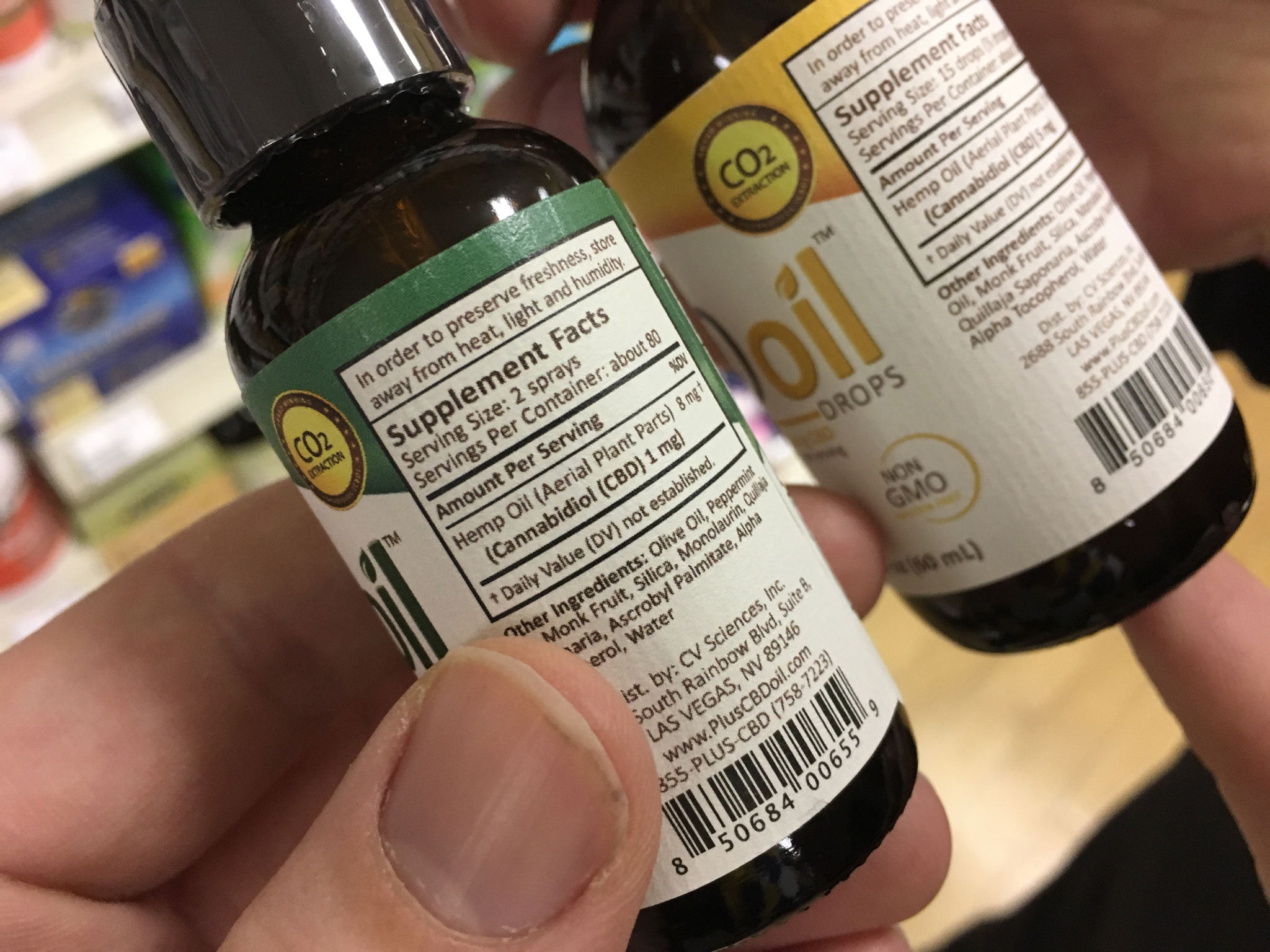A postal employee who spotted a leaking package has given a new push to a bill in the Alaska Legislature and exposed a problem in state regulations.
Senate Bill 6, under consideration in the Alaska Senate’s resources committee, would legalize an industrial hemp industry and divorce hemp products from the state’s rules governing marijuana.
“There’s 25,000 different product uses for hemp, and my understanding is … it should be able to grow well,” said Sen. Shelley Hughes, R-Palmer, who is sponsoring the bill.
Hemp is the fibrous product of a non-psychoactive variety of cannabis. In the ground, it looks like marijuana, but if you light it up, you won’t get much more than a cloud of smoke. If Alaska regulates marijuana like alcohol, this is O’Doul’s.
Nevertheless, because hemp comes from the cannabis plant, the state formally considers it marijuana. That means no legal imports from Outside, and both production and sale are supposed to be tightly controlled.
That distinction a critical issue last week when the postal worker spotted that leaking package, which was bound for a marijuana retailer in Anchorage. Inside the package, regulators for the Alaska Alcohol and Marijuana Control office found more than 1,000 labeled bottles of oil derived from hemp.
Regulators also found 20 unmarked vials. With no way to tell what was leaking, and the leak dripping onto products bound for human consumption, investigators confiscated the package. They followed up by visiting 11 licensed marijuana shops and confiscated the hemp-derived oil they found there.
This CBD oil ─ named for the abbreviation of a nonpsychoactive chemical compound believed to relieve pain ─ has been uncontroversially sold in Alaska for years. After 2014’s Ballot Measure 2, however, it became a state-regulated substance.
Sara Chambers, interim director of AMCO, said the department is forced to prioritize its resources, and CBD oil, while common, hasn’t been a priority.
“Had the unmarked, unknown substance not had been present … then we would’ve pursued communication with licensees about sales of this product, but it may have gone down differently,” she said by phone on Monday.
In a statement late last week, Chambers said that under Alaska law, CBD oil is now considered a marijuana product and must go through the state’s licensing system.
Despite that proclamation, it remains for sale in drug stores and grocery stores across the state. The Empire purchased a bottle from Rainbow Foods to verify that it remains for sale, unrestricted, and other stores in Juneau said by phone that they also had it available.
“That’s ridiculous!” said Rainbow Foods owner David Ottoson when informed of the state’s interpretation of the rules governing CBD oil.
“Are they going to start confiscating hemp seeds next?” he asked. “It’s sold in every state in the country.”
“We do not have the resources to pursue every natural foods store in the state,” Chambers said, adding that regulators will focus their attention on licensed marijuana shops. For others, AMCO may rely on the goodwill of retailers and their desire to abide by the law.
Is that fair?
“It’s what the law says, and I have to enforce the law,” Chambers said.
In the capitol, SB 6 would exempt hemp and hemp products that contain less than 0.3 percent THC ─ marijuana’s principal psychoactive ingredient ─ from regulation. That would allow retailers to sell unregulated CBD oil, and it would allow Alaska farmers to grow their own hemp.
That’s a priority for Hughes, who said she was approached last summer by several farmers in her district who are interested about the prospects for hemp.
Hemp used to be a major American crop, used in ropemaking and paper ─ even the Declaration of Independence was written on paper that included hemp. George Washington and Thomas Jefferson grew it, and the forefathers of Jamestown, interested in supporting the sailing ships of the era, encouraged its cultivation with tax breaks.
In the 1930s, federal regulation of hemp’s psychoactive sibling crushed the crop. Congress recently passed a farm bill relaxing those regulations.
“It was legal in the United States until 1937, so we’ve had this period where we’ve kind of lost a lot of footing compared to the rest of the world,” Hughes said.
If signed into law, SB 6 would require farmers to register their hemp fields with the Alaska Department of Agriculture, whose workers would confirm by visual inspection that the farmer isn’t growing marijuana.
Hughes, who has participated in Alaska’s push for unmanned-aircraft development, said she usually focuses on economic opportunities from the 21st century.
Here, she thinks she’s found something from the 19th century.
“This is kind of one where we’re playing catch-up because we stopped 80 years ago,” she said.
SB 6 is scheduled for public testimony at 3:30 p.m. Wednesday in the Senate Resources Committee.

